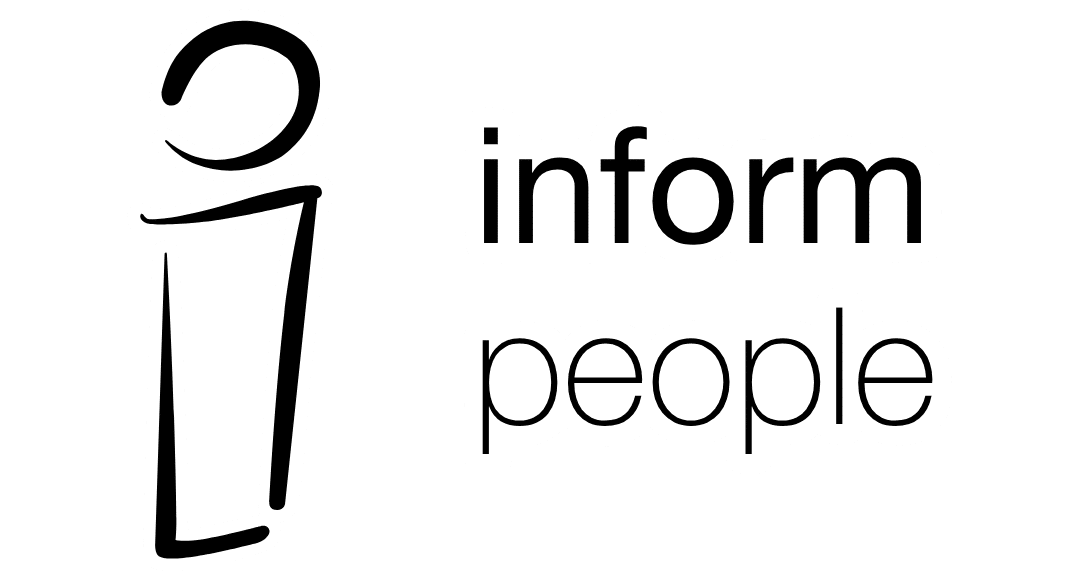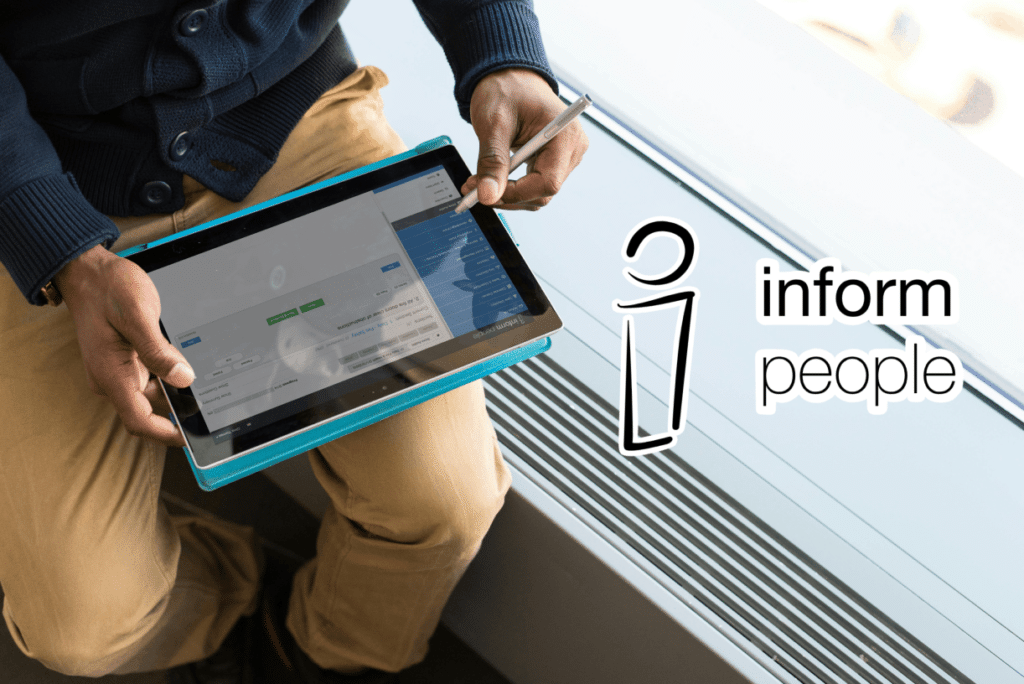Based on our experience with retail and hospitality clients, we have compiled this vital guide for all the most important aspects of regular venue visits and how to make changes that will improve your results long term. Keeping your people and customers safe, improving credibility of your business, and boosting compliance company-wide.
In public facing roles, such as busy retail or hospitality environments, taking time to complete certain admin procedures can be tricky to prioritise. What people in these roles need is a system that prompts Health and Safety activities and makes them super simple to complete. By keeping processes streamlined they can focus on their main roles and responsibilities as a priority and not get held back by paperwork and administration.
Store visits by upper management should also be clearly communicated and easy to track so your people need to be equipped to make this possible.
We will cover the following in this post:
- What are audits or venue visits?
- Why conduct on-site visits?
- Understanding the importance of audits and visits
- How Inform People’s platform supports audits
What are audits and venue visits?
An audit or site checklist is, on the whole, a structured set of questions where the venue and people are observed for performance and compliance; questions are answered, proof collected and a final score achieved. If checks are standardised across the business there is a clear comparability and an ability to focus on Health and Safety outcomes and business performance. Commonly completed on paper, there are many digital versions too such as specialised spreadsheets and dedicated online platforms for detailed task completion, such as Inform People, designed specifically for compliance actions.
Usually completed by an onsite manager, visiting senior manager, or external auditor, a venue visit could be a short check-in where a specific key topic is assessed or they could be an in-depth full day visit where every aspect of the location is checked for core compliance metrics.
Each audit should be designed with a clear, specific purpose. For example, a Fire Risk Assessment audit should focus exclusively on fire safety to ensure thorough evaluation.
If certain elements of a venue require daily checks, others weekly, and others less frequently, these should be organised into separate audits with strict deadlines to avoid incomplete reports. For instance, a weekly fire alarm test set for Mondays might conflict with a Wednesday audit schedule, leading to missed or delayed checks. Digital systems help prevent these scheduling conflicts by easily identifying and separating tasks, making the process smoother and more efficient and ensuring oversight of completion in a way that paper cannot achieve.
Compliance and performance checks should cover topics such as:
- Staff training records being up to date
- Venue cleanliness
- Outstanding maintenance requirements
- Health and Safety of many kinds
- Loss prevention process adherence
- Promotional period compliance
- Fire safety and evacuation
- Key team role checks
- … and the rest!
Why conduct on-site visits?
When remote management completes a planned or ad-hoc site visit, the goal is to gain a comprehensive understanding of the location – both as a unique venue and as a representative of the company’s brand. These visits offer insight from the perspectives of health and safety, customer experience, and other key performance metrics, assessing where the venue meets expectations and where there is room for improvement.
While in-house teams conduct regular checks to maintain daily and weekly standards, relying solely on these can lead to certain issues going unnoticed; not necessarily due to negligence but because familiarity can cause oversight. A fresh, external perspective from a senior team member often brings a valuable objectivity that helps to identify improvement opportunities that might otherwise be missed.
This process isn’t about finding faults; rather, it’s about uncovering opportunities for growth that ultimately elevate the entire organisation in the eyes of both employees and customers.
When senior teams visit each location, they also foster brand cohesion, build stronger relationships between sites, and gain a holistic view of company-wide operations. By identifying recurring challenges and gathering comprehensive feedback, leadership can make informed decisions that positively impact multiple locations.
Consistency enhances brand reliability and customer satisfaction, leading to increased repeat visits and revenue growth. So, how are your site checks conducted? Are they achieving the results you need?
Understanding the importance of audits and visits
Consider the people in your locations: busy handling customer inquiries, balancing multiple roles, and managing the day-to-day demands of their jobs. Managers, too, have heavy workloads, responsibilities at home, and a list of tasks to complete each day. A visit from a senior manager helps assess these public-facing sites, identifying pressure points and creating plans to relieve them, making work smoother and more rewarding for staff while enhancing the experience for customers. It is an opportunity to ensure that previous changes are having the desired effect, training remains impactful, and the business continues to thrive.
Making audits as effective as possible
The following tips apply to regular, planned audits as well as ad-hoc visits from senior managers or specialists:
- Ensure accessibility: use a user-friendly digital system for easy access and streamlined input.
- Support with evidence: allow space to add visual proof or attachments that support responses.
- Include additional feedback: provide space for detailed written feedback beyond just scored responses.
- Annually review and update the content: update your audits each year based on recent insights and evolving business needs.
- Incorporate feedback: use insights from location teams to improve the audit process.
- Align scoring with company goals: customise scoring metrics to reflect your business’s priorities.
- Schedule repeated checks: plan regular checks by both in-house teams and visiting senior managers.
- Educate on KPIs: make sure all employees understand the Key Performance Indicators they need to achieve.
Preparing for a successful visit
Success starts with preparation. Senior managers should review past audits and business-wide reports before each visit. A digital system enhances this process by organising past data for easy reference.
On-site, it’s essential to gather insights from a wide range of employees to complement the quantitative data. A detailed Gemba Walk could be helpful, though this is usually a separate endeavour. Wherever possible, the visiting manager should aim to address any immediate issues, whether physical (e.g. equipment repairs) or procedural (e.g. training gaps). Following up within a week on unresolved issues ensures accountability.
How Inform People’s platform supports audits
Within Inform People’s Virtual PA, our comprehensive compliance and performance management platform, the dedicated Audit module allows for the creation of unlimited, targeted audit templates to cover all necessary checklists within your business. Each template is standardised and can be assigned to specific roles based on responsibility levels – such as restricting certain checks to Area Managers only.
The platform’s scheduling system automatically assigns routine checks to each auditor’s task list, boosting compliance and making it easy to identify any missed audits. Any incomplete audits are flagged in the platform’s reporting, streamlining oversight and accountability.
You can learn more about our audit tools on our Audit page and through our audit blogs.
The value of a digital audit system
By implementing a structured, digital audit process, businesses can effectively manage compliance, safety, and performance across all locations. Inform People’s platform offers a powerful tool for achieving consistency, enabling seamless audits and data-driven insights. Integrating audits into daily routines doesn’t just maintain standards – it empowers staff and enhances customer satisfaction. A robust audit system reinforces brand cohesion and supports sustainable growth, ensuring each visit drives a safer, more efficient, and customer-focused business.
If you are wondering how Inform People could fit into your multi-location Retail, Hospitality, or Entertainment business please get in touch in the way you feel most comfortable: via email, or by calling: +44 (0)161 713 4104




